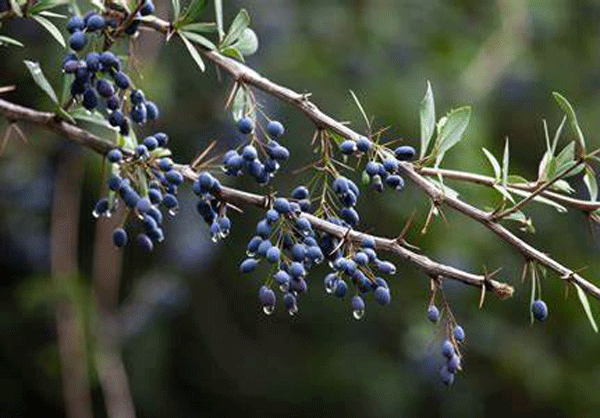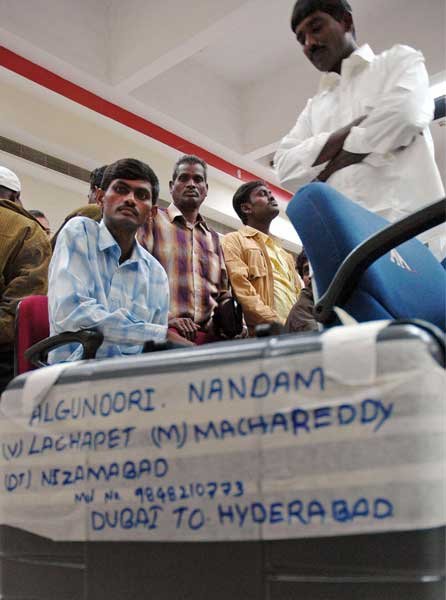
Photo source Internet
Shimla, Jan 25,
Himachal Pradesh, renowned for its lush forests and biodiversity, has taken a pivotal step towards balancing environmental conservation with the sustainable use of natural resources. The state, under the leadership of Chief Minister Sukhvinder Singh Sukhu, recently amended its stringent green norms to allow limited extraction of wild herbs like Berberis lycium—locally known as Kashmal—for medicinal purposes.
This decision comes in the wake of a broader policy framework that banned the cutting of most tree species, even on private land, and enforced rigorous scrutiny of timber transit. The amendment permits the collection of Kashmal roots, widely celebrated for their medicinal properties in traditional and Ayurvedic systems of medicine. However, this extraction is strictly regulated, with a cut-off date of February 15, 2025, ensuring that the practice does not lead to overexploitation or ecological imbalance.
Berberis lycium, an evergreen shrub native to the Himalayan region, has long been revered for its multifaceted medicinal benefits. Its roots, bark, leaves, and berries have been traditionally used to treat ailments ranging from liver disorders to diabetes, skin diseases, and gastrointestinal issues. Modern pharmacological studies have corroborated its efficacy, highlighting its hypoglycemic, hepatoprotective, and antimicrobial properties. The plant’s primary alkaloid, berberine, has shown promise in managing diabetes, reducing lipid levels, and possessing antidepressant effects, making it a key ingredient in both traditional remedies and modern pharmaceuticals.
Himachal Pradesh’s decision to ease restrictions on Kashmal extraction reflects a pragmatic approach to forest management. By allowing limited harvesting under the HP Forest Produce Transit (Land Routes) Rules, 2013, the state aims to promote the sustainable use of forest resources while maintaining strict oversight to prevent illegal exploitation. Forest produce collected before January 4, 2025, can be transported only until February 15, 2025, emphasizing the government’s intent to regulate and monitor the practice closely.
This policy shift underscores the growing global interest in herbal medicine, which is increasingly seen as a natural and holistic alternative to synthetic drugs. With about 80% of the world’s population relying on traditional medicine for primary healthcare, plants like *Berberis lycium* are gaining recognition for their therapeutic potential. The shrub’s ecological adaptability and abundance in the Himalayan belt make it an ideal candidate for sustainable harvesting initiatives.
The state’s approach could serve as a model for other regions grappling with similar issues, showcasing how traditional knowledge and modern regulatory frameworks can coexist harmoniously.
By allowing controlled use of *Berberis lycium*, Himachal Pradesh not only supports the traditional healthcare practices of its indigenous communities but also positions itself as a leader in sustainable resource management.

The HimachalScape Bureau comprises seasoned journalists from Himachal Pradesh with over 25 years of experience in leading media conglomerates such as The Times of India and United News of India. Known for their in-depth regional insights, the team brings credible, research-driven, and balanced reportage on Himachal’s socio-political and developmental landscape.










